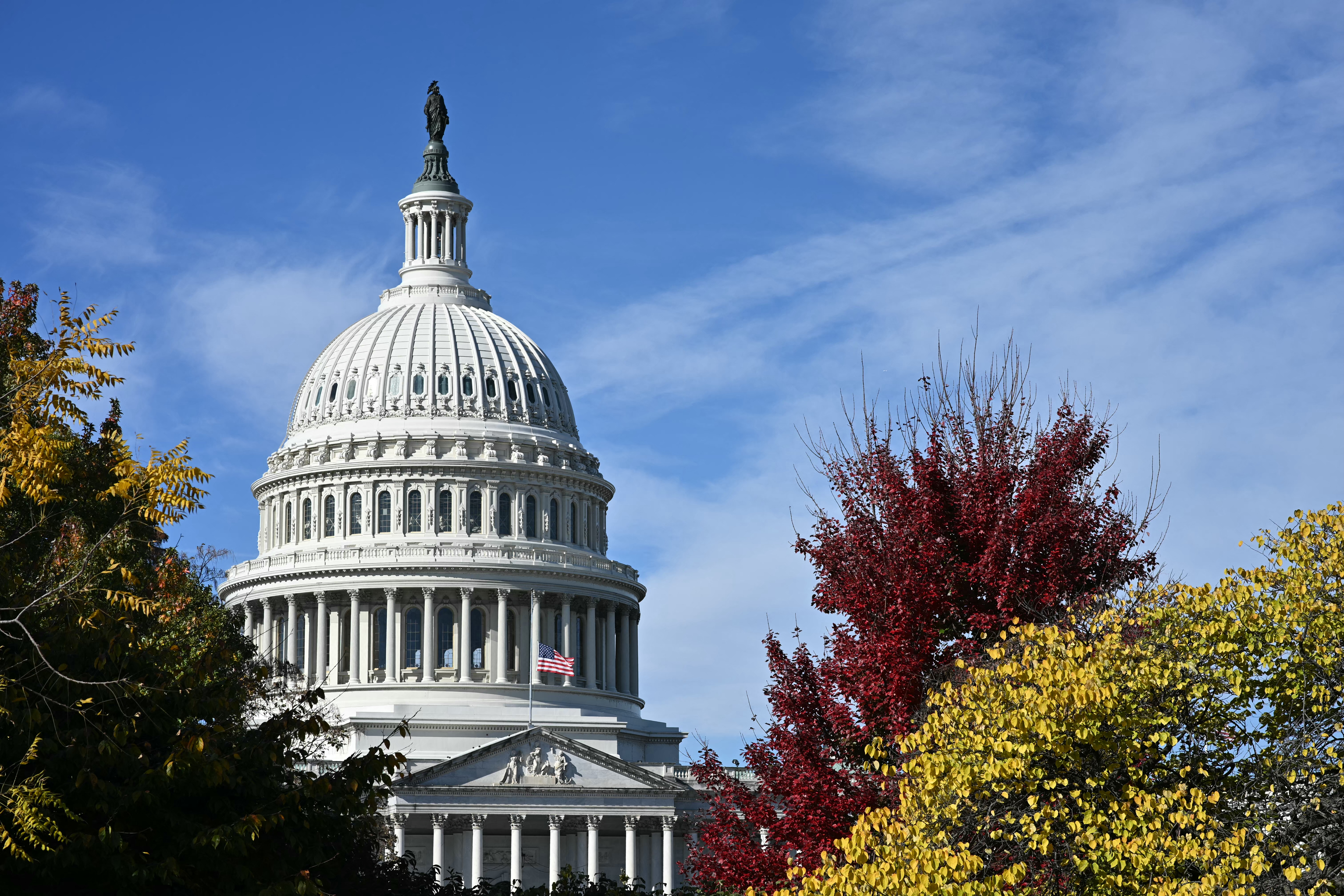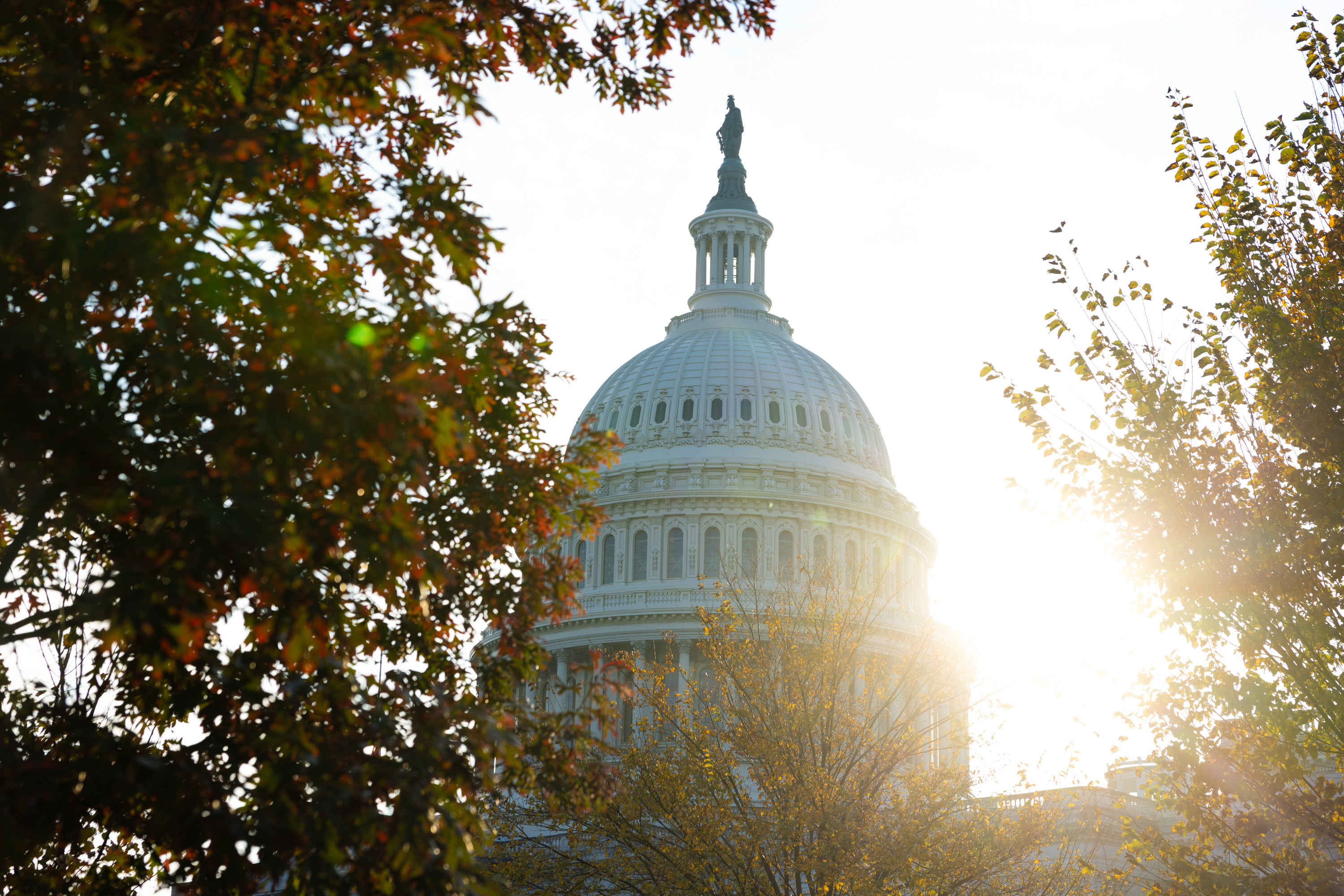Even as President Donald Trump publicly approved of a bipartisan deal in the Senate to end the historic government shutdown, delays and cancellations at PHL Airport continue as the legislation works its way through Congress.
Travelers returning home to Philly on Monday said they were relieved to hear lawmakers may soon reach a deal.
“I would be happy for everybody involved,” Jeff Harding, from Ocean City.
Ankit Karsalya, another traveler, said it was time for politicians in D.C. to figure a deal out.
“Just need to figure it out,” she said. “Go back to normal life again, right?”
Karsalya said he and his family did not have nay issues flying out of Chicago on Monday morning, despite hundreds of delays and cancelations there due to federally mandated flight reductions.
“We were a little stressed about the return, right? But at the same time, we also have to deal with weather, because it was snowing there.” he said.
Since Friday, Nov. 7, the U.S. Department of Transportation has required airlines slash flights by at least 4% at 40 major airports across the country, including PHL, to relieve pressure on air traffic controllers who have gone mostly unpaid since the shutdown began on Oct. 1.
Air traffic reductions are expected to rise to 6% by Tuesday and 10% by Friday.
Almost 3,000 flights were cancelled nationwide on Sunday, and airlines have already scrapped 1,700 flights on Monday and 1,000 flights for Tuesday.
Trump posted to Truth Social on Monday and demanded air traffic controllers return to work immediately.
The president also said that those who do not go to work will be “subsequently docked” and recommended a $10,000 bonus to those who continue to work.
Nick Daniels, the president of National Air Traffic Controllers Association, said the shutdown has lead some air traffic controllers to permanently leave their jobs.
“What we’re going to have to find out is how many actually resigned,” Daniels said. “How many retired due to this shutdown and truly start assessing all the different impacts this shutdown has had.”
The tentative deal in the Senate has yet to pass the chamber, but is expected to have the 60 votes required. The bill would then go to the House for a vote and must be signed by Trump. The process is expected to take a few days.
According to NBC News, the bill would fund most of the government at its current spending levels until Jan. 30, 2026, and would fund SNAP benefits until Sept. 2026.
The deal does not extend Affordable Care Act subsidies that have lowered insurance premiums for millions of Americans, which are set to expire this year.
Democrats had demanded the extensions be included in a deal to end the shutdown, but a group of Democrats in the Senate have now settled for a promise to bring the extension of subsidies up for a vote in the Senate in December.
A full breakdown of what is in the Senate’s tentative deal can be found here.

Want more insights? Join Working Title - our career elevating newsletter and get the future of work delivered weekly.

